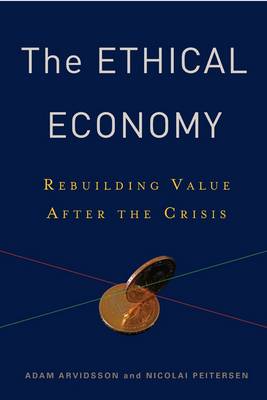Edinburgh Studies in World Ethics
1 total work
In this text, Peter G. Brown seeks to chart a new future for the species that share the earth. He offers an historically-grounded argument for human rights to bodily integrity; to moral, religious and political choice; and to subsistence that all persons owe each other irrespective of nationality. He also argues that we have direct moral obligations to non-humans - he calls this "respect for the commonwealth of life". Honouring these obligations requires a thorough regrounding of human institutions. Through a series of careful arguments the reader is shown: how we could reconceptualize economics from a growth orientation to an economics of stewardship as a moral end; how governments could be thought of as trustees to protect human rights and commonwealth of life; and how civil society could be organized and property rights reconceptualized in service of these objectives. The book concludes with the argument that traditional prerogatives of nation states need to be transparent to enforceable international standards concerning human rights and the commonwealth of life, and offers a practical agenda for beginning this fundamental reorientation.
